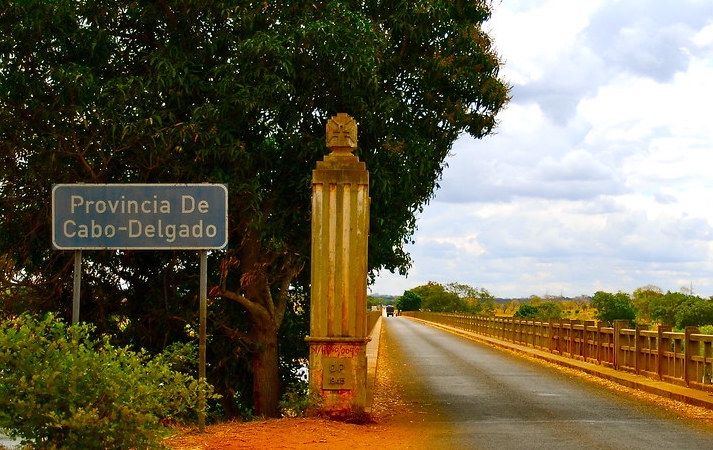The Mozambican government has celebrated the massive return of people to their areas of origin in Cabo Delgado, pointing to the efforts of the Defense and Security Forces (FDS) to restore security in northern Mozambique. These population movements were confirmed by the International Organization for Migration (IOM), which recorded over 540,000 returns in Cabo Delgado province by August 2023. According to the Mozambique National Institute for Disaster Risk Reduction and Management, at least 409,000 people have already returned to their homes. The return is also noticeable in the provinces of Niassa and Nampula. However, the government's argument that security has improved is not sufficient to explain the significant return of the population. It overlooks some key questions about the situation of conflict-affected populations.
This article was first published on 22 September 2023 as part of the Cabo Ligado Monthly: August 2023

The government's premise that security has been restored in Cabo Delgado has some validity. Incidents of violence against civilians in Cabo Delgado have decreased significantly since the last quarter of 2022, accounting for just 38% of political violence events in the province in 2023. In the early years of the conflict, the rate was as high as 80%. In the past months, clashes have been concentrated in the forests of Macomia, and insurgent incursions have been confined mainly to the coastal areas of Macomia and south of Mocímboa da Praia. Some insurgent movements have been observed in Nangade, Meluco, and Mueda, which may be linked to ongoing FDS operations against insurgent bases in Macomia. These recent developments, marked by a sharp reduction in violent incidents, have partly contributed to the return of the population.
However, the story of the return cannot be told without an analysis of the situation the IDPs are facing in the reception centers in Cabo Delgado, Niassa, and Nampula provinces. The first and most serious challenge is the dire food situation of the IDPs. Since April, the World Food Programme (WFP) has been providing food assistance to displaced people with reduced rations, but between July and August, for example, the WFP was only able to reach around 418,000 people, leaving the rest to fend for themselves. According to Cabo Ligado sources, displaced people in the villages of Nangumi and Metoro in Ancuabe, who are dependent on humanitarian aid, claim to have received none since the last distribution in May and June.
In addition to hunger, there are other socio-environmental and psychological problems. A study published in August 2023 by the non-governmental organization Oasis Mozambique based on research in the districts of Pemba and Metuge found that the displaced faced serious sanitation problems (such as lack of latrines), in addition to lack of means of subsistence, and psychological violence in the host sites. Thousands of displaced people have been forced to leave their places of refuge in search of livelihoods in their areas of origin as a result.
But there are also serious problems in the areas of origin. According to an inter-agency report, the areas of return lack almost everything, from water and sanitation to shelter and emergency assistance. The reconstruction process is limited to the rehabilitation of some government infrastructure, such as the National Security Institute and the courts. Most of the key infrastructure is not functioning. This is the case with health infrastructure, where, according to the national authorities themselves, most health units in the districts of Macomia, Muidumbe, Quissanga, Palma, and Mocímboa da Praia are still closed due to the level of destruction. Patients are being treated at improvised sites.
Support for returnees is also scarce, both in the areas of return and in the reception centers. In Palma and Mocímboa da Praia, the WFP has resumed distribution of humanitarian aid, but not nearly enough. Without support to rebuild their livelihoods, the 400,000 or so people who have already returned are extremely vulnerable. The same goes for the more than 800,000 people still displaced in Mozambique's three northern provinces.
The prospects for the displaced in both the host areas and their areas of origin are not good. The security situation may have improved, but the reduction in humanitarian aid and the slow pace of reconstruction are preventing them from fully rebuilding their lives and securing their livelihoods. The narrative of return helps the government to reinforce the idea that it is winning on the battlefield, but the lack of planning to receive the displaced in their areas of origin could increase exposure to violence, exploitation, and health problems.










